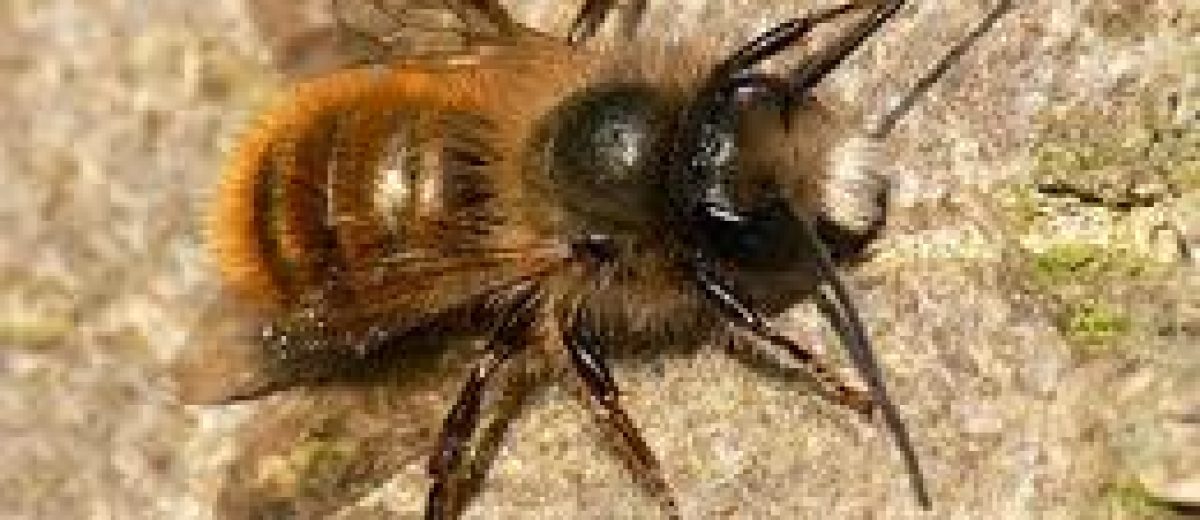At this time of the year we regularly get calls into the office asking for treatments for bees nests, wasps nest and hornets. It’s important to know if its bees or wasps we are dealing with.
Calls for bees nests at this time of the year normally turn out to be honey bee swarms. These swarms are commonly confused with a bees nest because they contain a large number of bees sitting in one spot for a few hours to a few days.
Bee keepers
We want to protect important pollinators like honey bees as much as possible and we can normally arrange for a bee keeper to come and collect the swarm. Honey bee swarms are not usually aggressive and will normally fly off after a couple of days.
For more information about honey bee swarms visit the The British Bee Keepers Association’s website which has lots of useful information including a list of bee keepers who are willing to collect swarms.
Queen wasps are commonly seen at this time of year looking for nesting sites. Queen wasps are larger than normal wasps and are sometimes confused with hornets because of their size. Wasps nests become a problem in the late summer/ autumn months and it is very unlikely that you will find a wasps nest this early in the season. If you are seeing a number of large wasps in April/May then it is almost certainly Queen wasps.
Another common sight at this time of year are solitary bees, typically Masonary bees or Miner bees although there are many different varieties. These bees are non aggressive and will only sting if you pick them up or stand on them. Miner bees are likely to be on the ground so watch out for these. They will disappear in a few weeks. Tell tale signs of these bees are single holes in the ground or soft brickwork.
If you see bees please try to leave them alone, they are very important to the environment. If you are not sure which species you have or are worried please call 020 8355 3443. One of our trained staff will be able to help you.




